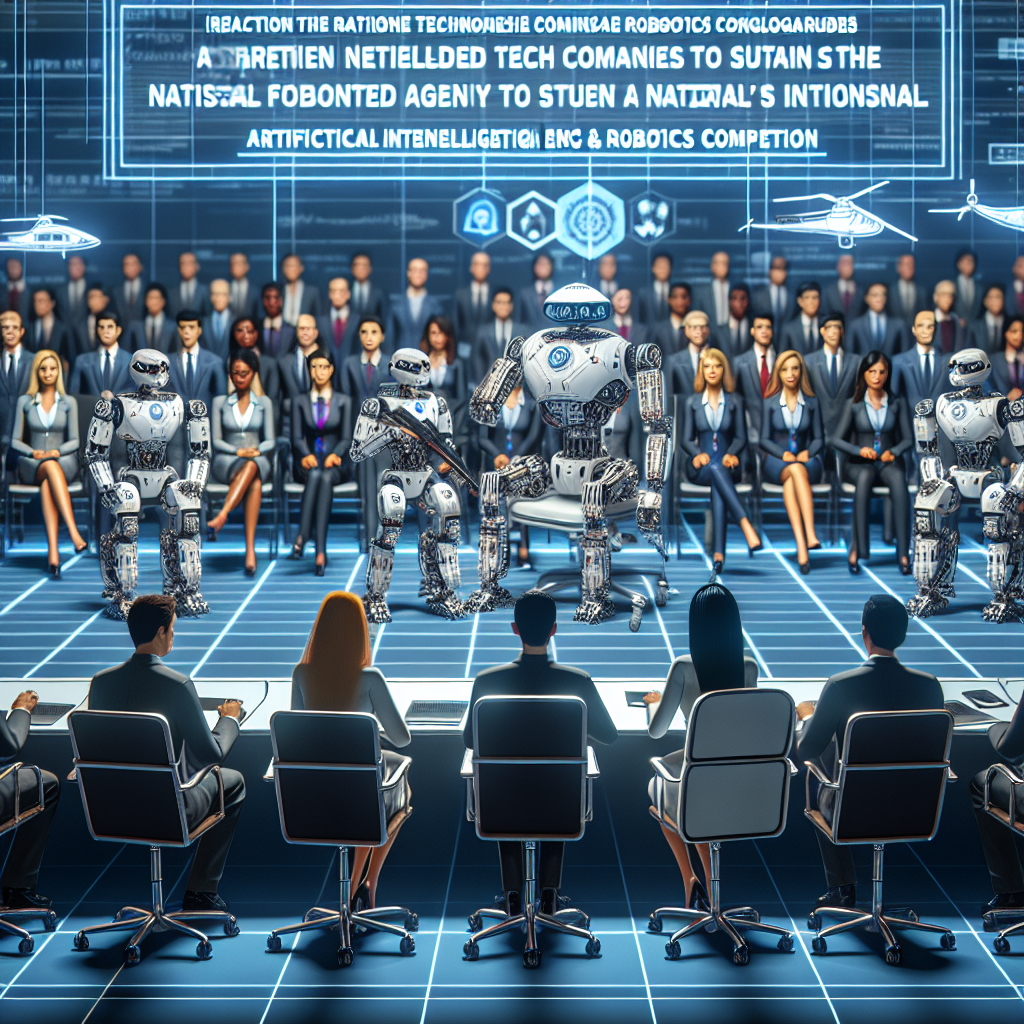Facing the massive development of intelligent robots by the Chinese Communist Party, several American companies are urging the government to swiftly establish a national robot strategy and set up a federal-level dedicated agency to consolidate its leading position in the global competition of AI and robotics.
Representatives from companies such as Tesla, Boston Dynamics, and Agility Robotics met with members of Congress on Wednesday (March 26) at the U.S. Capitol to showcase their latest research and development achievements, and to call for policies that will promote the domestic robot industry.
Jeff Cardenas, CEO of the Texas-based robot startup company Apptronik, pointed out that the United States was once a global leader, with General Motors deploying the first industrial robot at its factory in New Jersey in 1961. However, the U.S. gradually lost its leading position to Japan and Europe. He emphasized the need for a clear national strategy if the U.S. wants to continue leading in the next round of competition, which will be driven by AI.
Cardenas believes that a national strategy in the U.S. could help promote the widespread application of robots and cultivate a new generation of robot engineers and scientists.
The Association for Advanced Automation in the United States emphasized that without government support, the country not only risks losing in the robot competition but also may lose its dominance in AI. The association called on the government to provide tax incentives, strengthen vocational training programs, and support research and innovation. They also suggested establishing a “National Robot Office” to respond to global competition and rapid technological development.
Congressman Raja Krishnamoorthi also warned that China is investing heavily, and the U.S. must maintain its spirit of innovation and entrepreneurship.
Jonathan Chen, head of the development department for humanoid robots at Tesla’s “Optimus,” said that manufacturing capability will be the key to national competition. He stated, “After designing a robot, the real challenge is who can scale up production.”
According to data from the International Federation of Robotics (IFR), China has become the world’s largest industrial robot market, with an operational quantity of 1.8 million units in 2023, and domestic manufacturers holding nearly 50% of the market share.
The Chinese Communist Party is actively integrating robot technology and artificial intelligence, with humanoid robots being identified as a key focus for development. The Chinese authorities have approved a $138 billion national fund dedicated to promoting robots, AI, and other cutting-edge innovations.
Earlier this year, during the CCTV Spring Festival Gala, the local company Unitree showcased a large-scale dance performance by humanoid robots, demonstrating its progress in the field of intelligent robots.
Despite the attention humanoid robots have received, their practicality has been questioned by some experts. Analyst Bill Ray from the market research firm Gartner in the UK believes that while these robots are eye-catching, their practicality is limited, and he prefers wheeled multifunctional robots with carrying capabilities.
He acknowledged that in the current political environment, it is unlikely to see “large numbers of Chinese robots working in American factories or American robots entering Chinese factories.”

